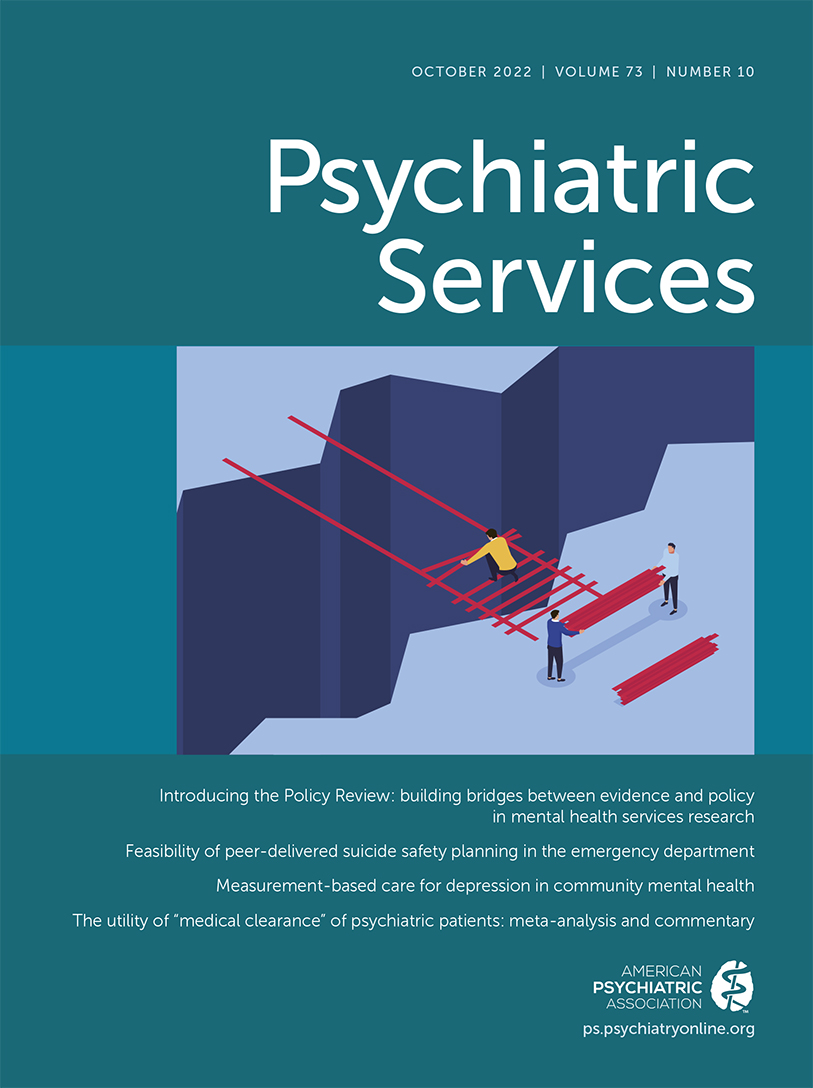Systematic Literature Review of Text Messaging Interventions to Promote Medication Adherence Among People With Serious Mental Illness
Abstract
Objective:
Mobile health tools are feasible options to encourage behavior change among patients with serious mental illness. Mobile health tools vary widely, both in platforms used and content delivered. This literature review assessed the use of text messaging interventions to promote medication adherence among patients with serious mental illness.
Methods:
A systematic literature review using PRISMA guidelines examined short message service (SMS) text messaging interventions promoting medication adherence to people with a serious mental illness diagnosis. Databases included PubMed, Cochrane, CINAHL, and PsycINFO. Data extraction included demographic information, participant diagnoses, intervention components, medication class, adherence measures, research design, and study outcomes. Study quality was also assessed.
Results:
Of 114 full-text articles screened, 10 articles were selected from nine unique interventions (N=937 people with serious mental illness). Study durations ranged from 30 days to 18 months, with frequency of SMS ranging from twice weekly to 12 times daily. Of the nine unique trials, most reported using an automated server to deliver SMS messages (N=7), two-way SMS capabilities (N=6), customized message content or timing (N=7), and additional components (e.g., provider contact, educational content, and monetary rewards) (N=7). Seven of the 10 articles reported statistically significant improvement in medication adherence and in at least one clinical outcome.
Conclusions:
Evidence to date indicates that text messaging interventions are feasible and appear to improve medication adherence and clinical outcomes among patients with serious mental illness. Future research should assess implementation approaches and how to scale up efforts in nonresearch settings.



